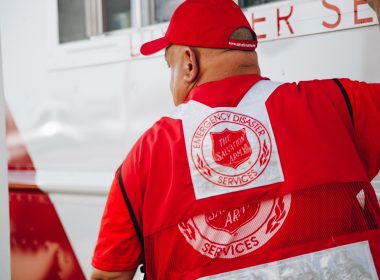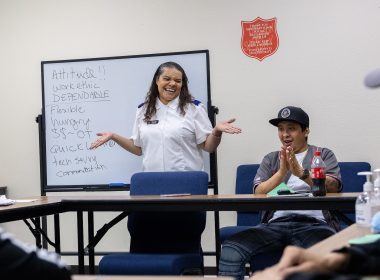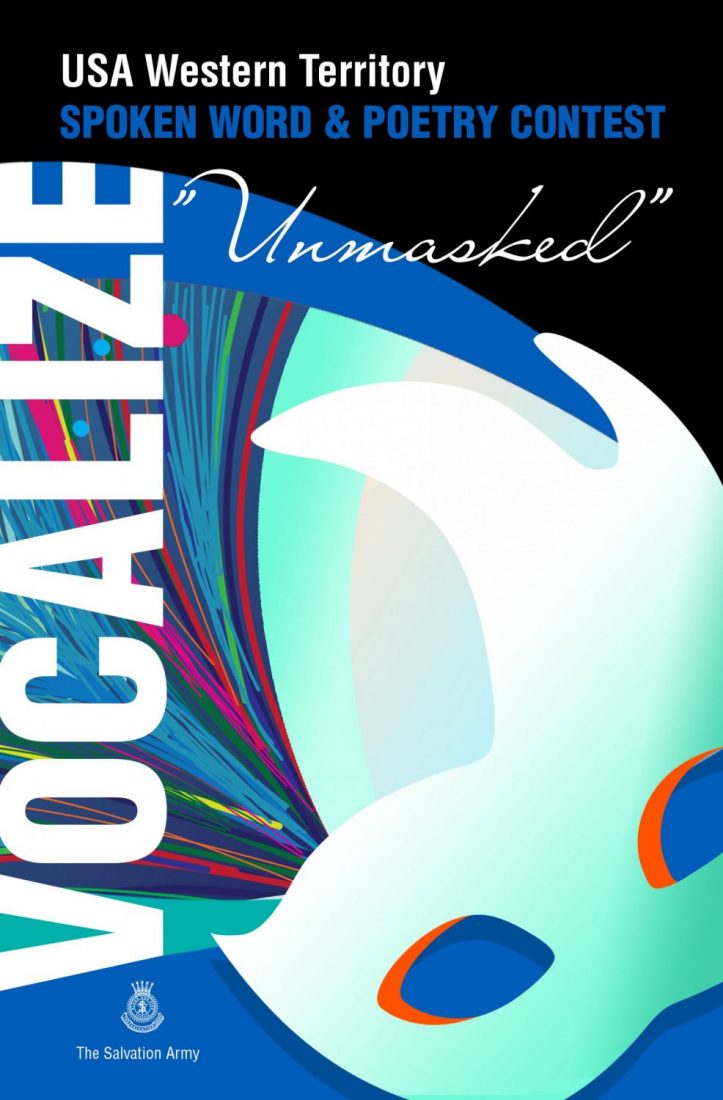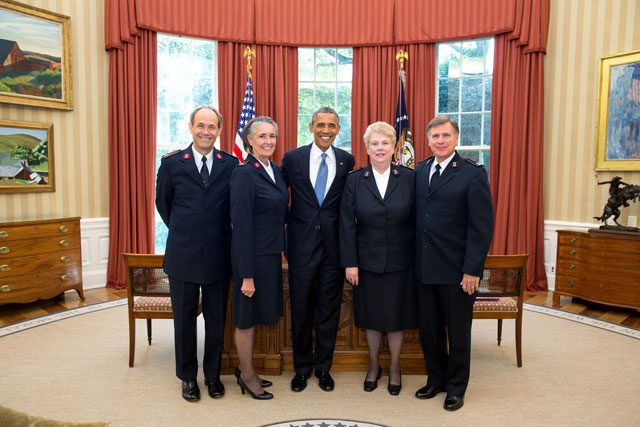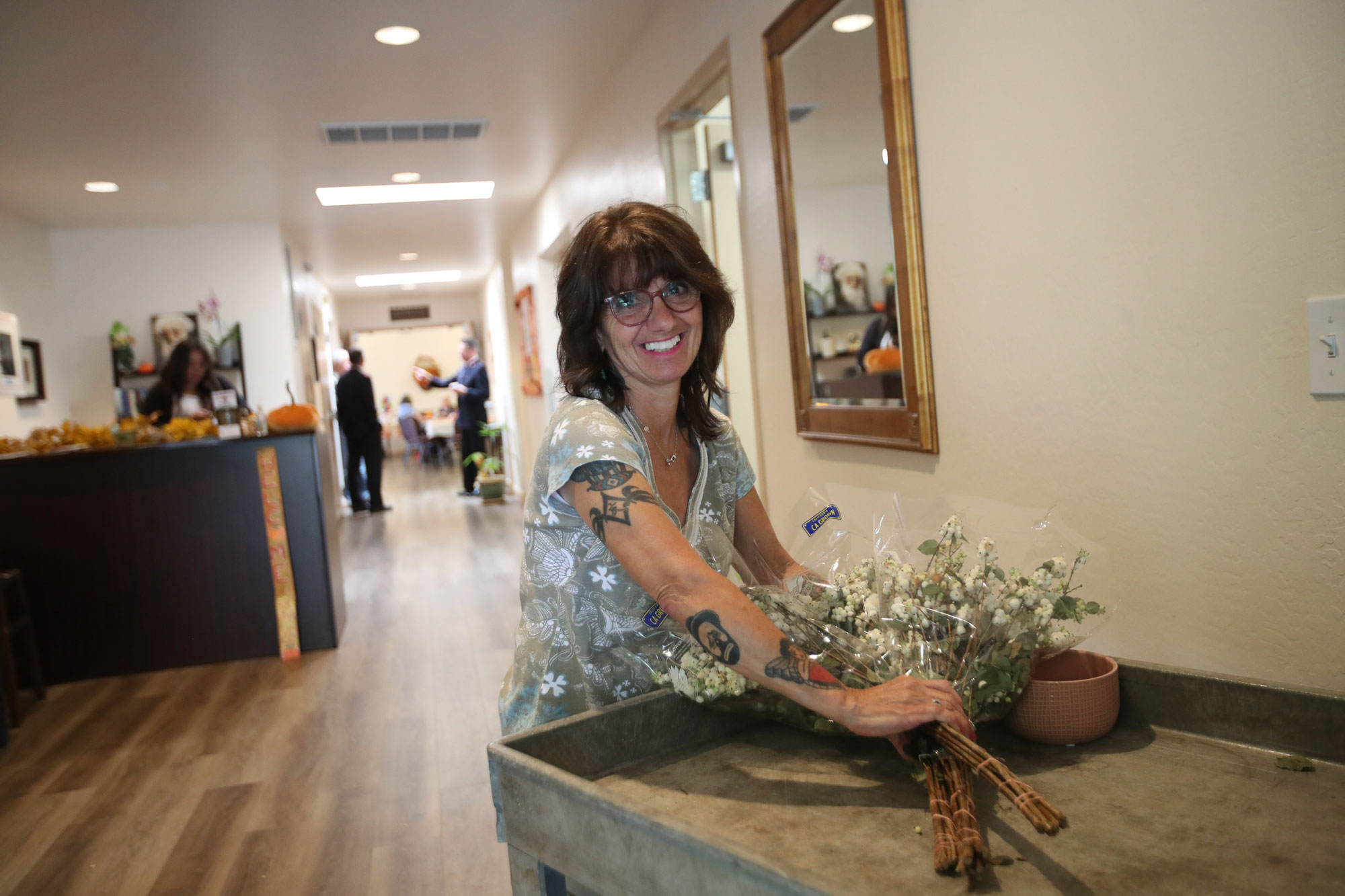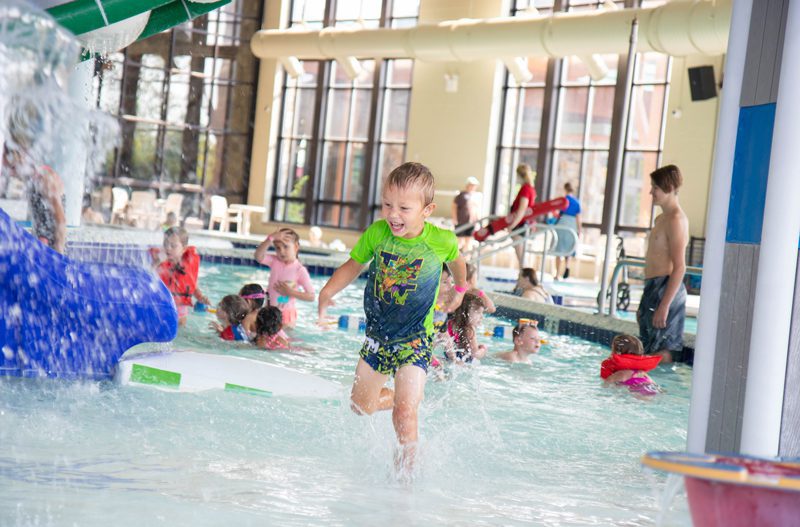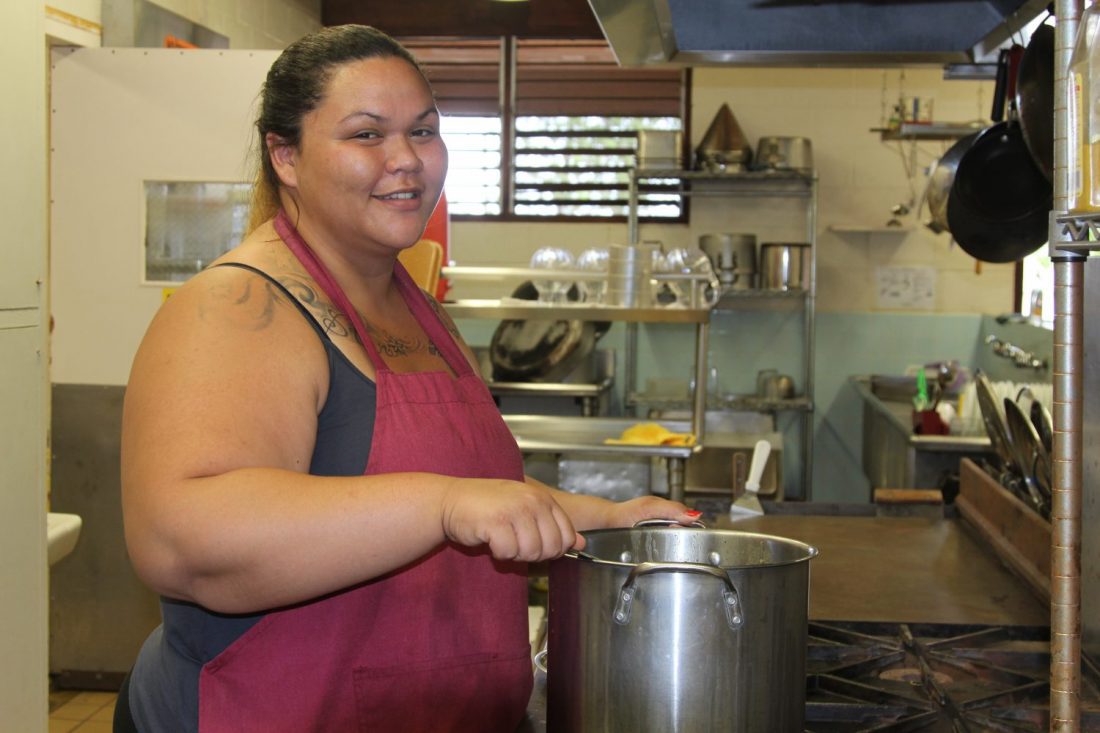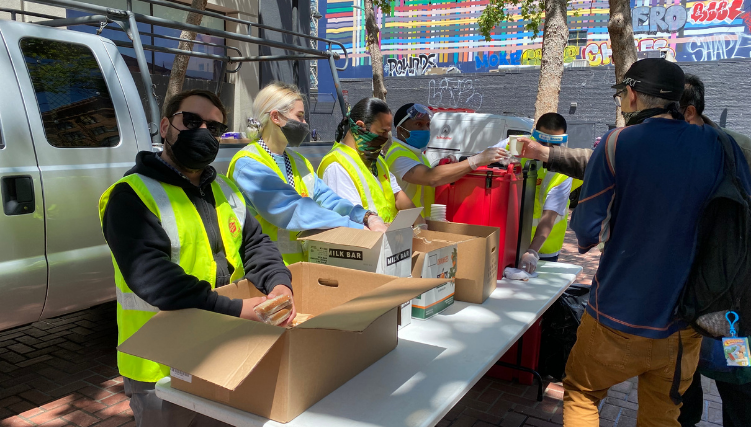The violence against Malala Yousafzi wasn’t an isolated incident. Around the world, people—girls, in particular—fight to earn an education. The world recently cried #BringBackOurGirls as nearly 300 high-school girls were held captive. The name of the extremist group responsible for their kidnapping—Boko Haram, in Nigerian Hausa—means “Western education is a sin.”
I beg to differ. Education may not be a basic human right, but it should be. We have to invest in education because it is arguably the single most effective way to reduce poverty.
According to the Global Partnership for Education (GPE), a collaborative group dedicated to ensuring quality education for everyone, if all students in low-income countries left school with basic reading skills, 171 million people could be lifted out of poverty. Yet today, some 50 million children in GPE’s 59 developing-country partners do not complete primary education at all, and 36 million of those children live in fragile and conflict-affected countries.
At its core, access to education is an issue that stretches across time and boundaries.
According to a 2013 study by the U.S. Department of Education and the National Institute of Literacy, 32 million adults—14 percent of the population—can’t read. Another 21 percent of adults read below a fifth grade level, which puts books like Little Women and Treasure Island out of reach.
As a practitioner and professor of journalism—a profession dependent on the ability to read—that statistic saddens and offends me. Yet, education is not limited to a school setting. I know that a school can help a student improve, but a school cannot be expected to save a child alone. What happens outside of school is just as important as what happens in it. And learning doesn’t stop at graduation.
A person with low literacy skills has a hard time with word recognition, inference and problem solving—everything from filling out a job application to following a bus schedule or deciphering nutrition information on a label.
And so, education must be a priority for nonprofits, schools, and families alike. In Caring, we aim to break down complex social issues, like education, that affect the way people live.
We approach the topic from seven spheres of influence (arts, business, education, government, family, religion, technology), bringing together thought leaders to inspire, inform and activate readers toward social good. The goal is to have a conversation that drives change.
In this issue on education you’ll find insight on the Special Olympic Games that help athletes learn skills in addition to physical training, the approach of Barefoot College in India that teaches solar engineering to grandmothers who then return to their villages able to build and repair solar panels, the longstanding tradition of music education in The Salvation Army and its effect on child development, and why religious literacy could be crucial for the future of democracy.
As John Dewey, psychologist and education reformer, said, “Education is not preparation for life; education is life itself.”


